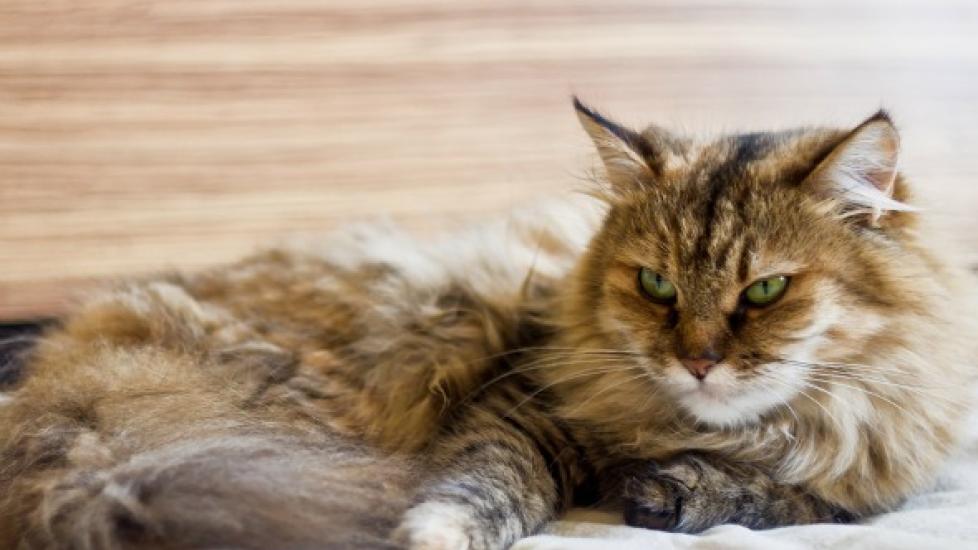Kidney Enlargement in Cats
Renomegaly in Cats
Renomegaly is a condition in which one or both kidneys are abnormally large, confirmed by abdominal palpation, ultrasounds, or X-rays. The cat's respiratory, nervous, hormonal, urinary and digestive systems are all affected by this condition.
In addition, renomegaly is not exclusive to cats, dogs can suffer from it, too. If you would like to learn more about how this condition affects dogs, please visit this page in the PetMD health library.
Symptoms and Types
There are occasions when the cat is asymptomatic, or does not display any signs whatsoever. However, some of the more common symptoms seen in cats with renomegaly include:
- Lethargy
- Anorexia
- Vomiting
- Diarrhea
- Weight loss
- Oral ulcers
- Dehydration
- Discolored urine
- Pale mucous membrane
- Foul-smelling breath (halitosis)
- Abdominal pain
- Abdominal mass
- Abnormally large abdomen
- One or both kidneys palpably large
- Excess urine and excess thirst (polyuria and polydipsia)
Causes
The kidneys may become abnormally large as a result of inflammation, infection, or cancer. Renomegaly can also occur due to urinary tract obstruction, degeneration of the urinary tubes (ureters), formation of cysts in the urinary tract, various infections, abscesses, inflammatory conditions, genetically transmitted diseases, clots in the kidneys, and toxins in the system.
Exposure to infections such as leptospirosis or leukemia may also lead to renomegaly.
Diagnosis
A complete blood profile will be conducted, including a chemical blood profile, a complete blood count, and a urinalysis; cats will also have blood drawn for feline leukemia testing. A palpation exam and X-rays will also be performed to assist your veterinarian in visualizing the extent of abnormality in the kidney size, and thus diagnose your cat's condition.
For cats with cancer, thoracic X-rays will help your doctor to determine if the cancer has spread. Ultrasonography, which uses sound waves, will also help distinguish the structural details of internal organs so that your doctor can determine the amount of renal swelling, or detect irregularities in other organs.
Aspiration of renal fluid and a biopsy is another procedure which may be performed on your cat.
Treatment
Your cat will be treated on an outpatient basis unless it is suffering from dehydration or renal failure. Treatment will begin with diagnosing and treating the underlying cause, maintaining fluid balance with intravenous fluids, if necessary, and replenishing minerals and electrolytes. If your cat is otherwise healthy, a normal diet and normal exercise will be advised.
Drugs prescribed by your veterinarian will vary according to the underlying cause of the renomegaly. However, drugs that may have a toxic effect on the kidneys should be avoided.
Living and Management
Your veterinarian will want to see your cat during regular follow-up examinations, where he or she will assess the cat's physical recovery and hydration status.
If your cat's symptoms return, you will need to contact the veterinarian immediately. Possible complications of renomegaly include kidney failure and hormone imbalances that mimic hormone-producing cancers.
Help us make PetMD better
Was this article helpful?
